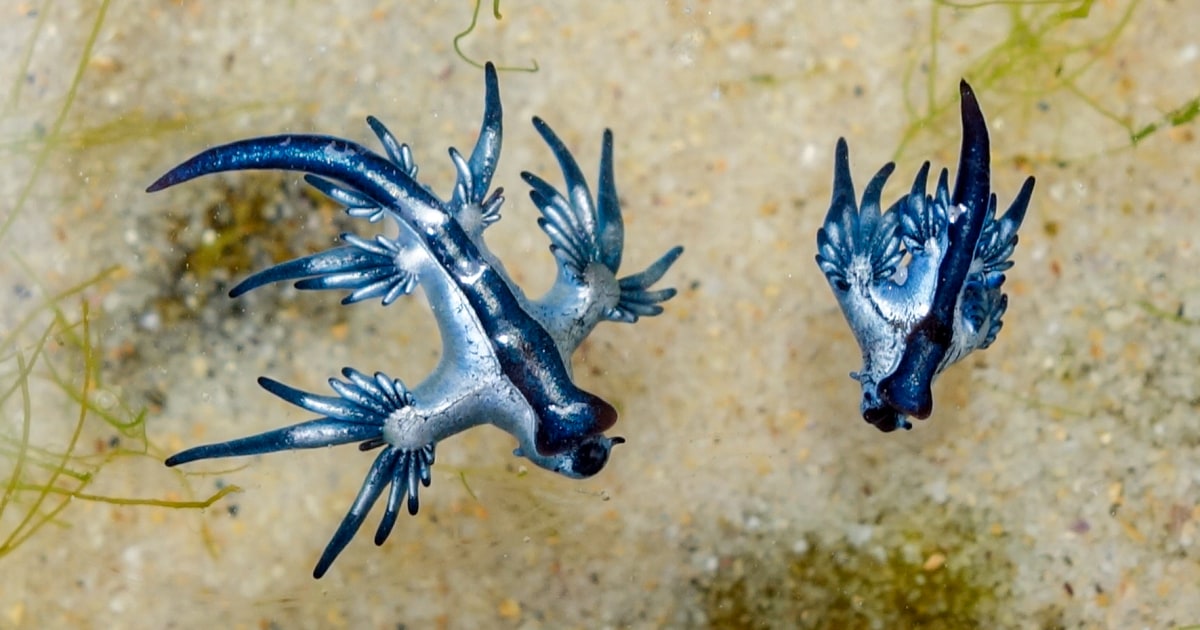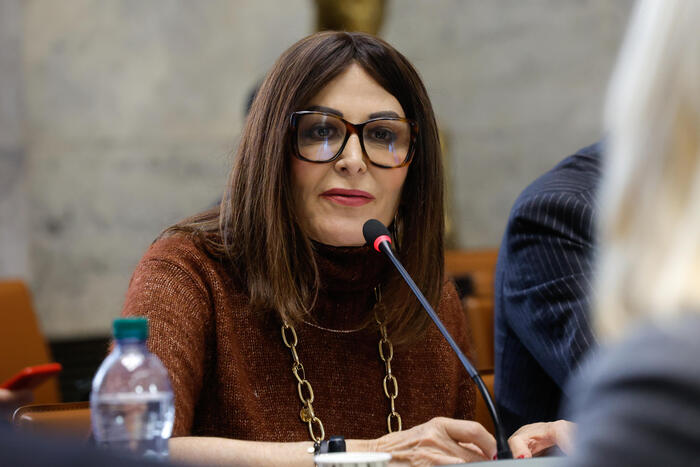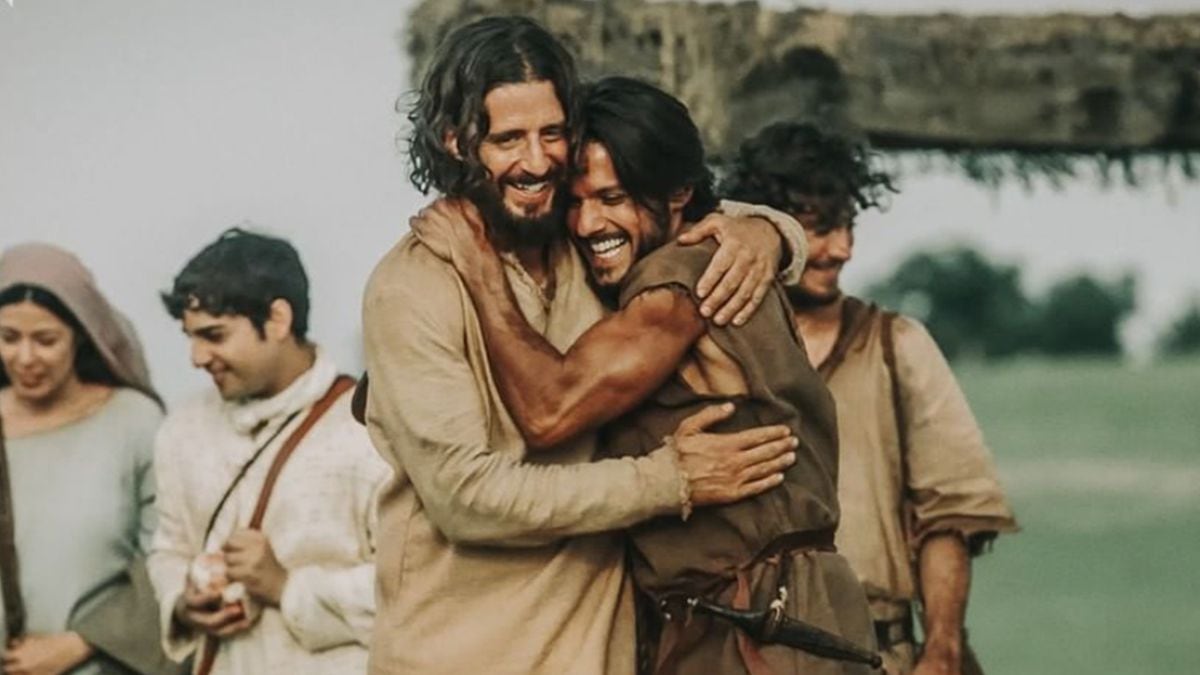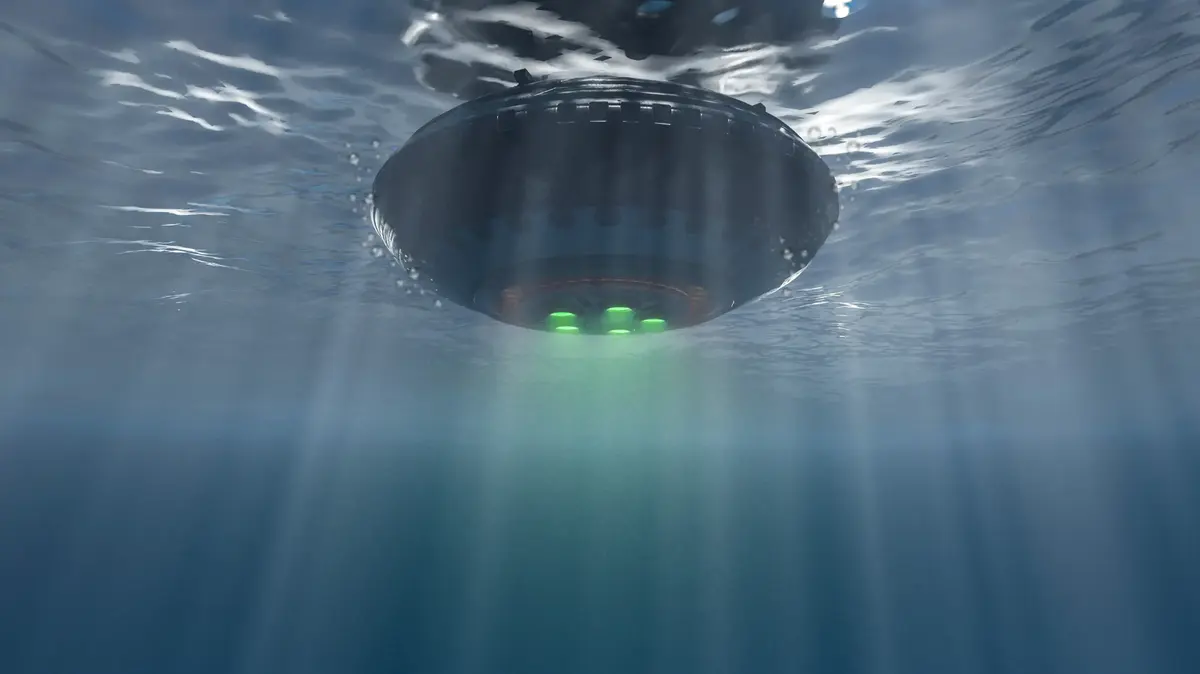A whale shark, taken from behind: it almost looks like it is flying and not in the water!
Corals such as they have rarely been distinguished… These are some of the impressive photos visible until the end of the month on the forecourt of the Gare de Lyon.
A magnificent tribute to the “World of Silence”, but not only!
The author of these photos, the French underwater photographer Alexis Rosenfeld, embarked at the beginning of the year in this decade-long project, entitled “1 ocean, the great testimony on the ocean”, in partnership with the Intergovernmental Oceanographic Commission of Unesco.
For ten years, he will testify in images of the riches and threats weighing on the seas of the globe.
Surrounded by a team of cameramen, drone pilots and editors on each of his expeditions, Alexis Rosenfeld is now the illustrator dedicated to ocean sciences in the service of sustainable development for Unesco.
READ ALSO>
Why ocean noise pollution threatens marine mammals
He has already produced two reports in the Coral Sea National Park, off New Caledonia (which we are currently discovering in Paris, until April 30) and on underwater volcanoes, in southern Italy.
He also plans to dive into the Sargasso Sea, these islands of brown algae in the heart of the Atlantic Ocean, or to highlight the ocean's resources that are useful for medicine.
"My bias is to make people dream"
"I carry out a plea in images for the ocean, without anxiety dimension," he explains.
My bias is to make people dream, to take them to places that are difficult to access, to pass on knowledge to them.
My role is complementary to that of Unesco, which will rather address States and institutions… ”
Photographer Alexis Rosenfeld.
Margo Fargetton
His work will be widely disseminated, on his social networks, in exhibitions, books and conferences.
For him, photography is a precious witness to compare the evolution of ecosystems one, two or ten years apart, returning to exactly the same places, thanks to georeferencing.
Morning essentials newsletter
A tour of the news to start the day
Subscribe to the newsletterAll newsletters
Because the photojournalist himself had an experience of this type, ten years ago in the Maldives, an archipelago near India.
“I returned to an area where the coral reefs I had seen a few years earlier had died.
The corals, very sensitive to changes in their environment, had been stressed by the construction of an airport nearby and global warming.
It was the start of my ecological awareness.
I told myself that I was going to stop taking trips just to have fun for big magazines and that I had a role to play, ”says this professional diver, author of more than 250 reports around the world for the big guys. magazines.
David Paquin
In thirty years of exploring marine life, the 50-year-old delivers a nuanced look at the evolution of ocean biodiversity.
“Ecosystems have evolved in both directions.
The Port-Cros National Park, in the Mediterranean, is exceptionally rich, because it is strongly protected from human and tourist pressure.
On the other hand, the creeks of Marseille are invaded by plastic.
As it decomposes, it will end up in marine mammals and infiltrate the food chain, of which we are a part.
"
VIDEO. This stunning boat collects plastic from the oceans to make fuel
Alexis Rosenfeld believes that the 1 ocean project, which shows the link between humanity, ocean and science, finds more echo with the Covid-19 pandemic.
The destruction of ecosystems would indeed have favored the passage of the virus from animals to humans.
"Advance awareness"
Alexis Rosenfeld describes himself as committed to the planet, but not as an activist.
“My fight is above all focused on education to change our daily behavior.
My children are not activists, they are just respectful of the environment.
I educated them not to throw plastic in nature, like me, as a child, I was taught to say hello and thank you, ”he insists.
The explorer believes that magnifying photos of the fragile wonders of the underwater world is the best way to raise awareness of the challenges of protecting our planet.
In this, he differs from journalist Hugo Clément, sensitive to animal welfare, presenter of “Sur le front” on France 5, with more militant actions.
“He manages to move the lines by pulling in the crowd, it's great.
But the main thing is the finality.
And I agree with my approach, which also helps to advance environmental awareness.
"
He cites his viral photographs from last summer, posted on social networks of the whale Fluker, off the French Riviera. The photos showed a dying fin whale without a tail. After an accident, the animal had been amputated of the remainder of its caudal fin, already damaged after a collision with a ship in the 1990s. From small photos to large reports, all the stories of the ocean have a value in the world. goal of Alexis Rosenfeld.








/cloudfront-eu-central-1.images.arcpublishing.com/prisa/DXLGNZDKVNAO5BWFGW2KCLQOFA.jpg)